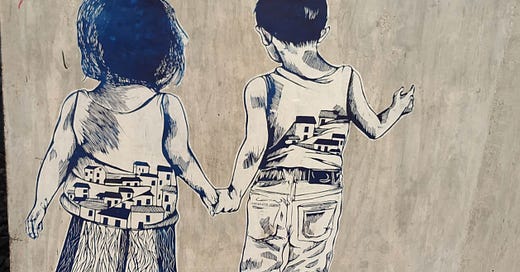I was scrolling on Facebook the other day, as one does to dull the pain of being alive in this nightmarish hellscape we call modern society, and came across a prompt in one of my groups that I found intriguing.
“I found a nomad soulmate, then I realized he/her _____.”
It was one of those open-ended prompts meant for quirky and/or pithy replies intended to provoke a chuckle or a sense of “heh, that is/was me.”
I decided to share my own reply:
I found a nomad soulmate, then I realized we are constrained by the limits placed on us by capitalistic society.
Sounds cheeky, but let me explain a little.
We often think of capitalism as an economic system, perhaps even political, but rarely do we consider just how much impact capitalism has on our lives.
My perspective is that capitalistic society impacts us beyond just the economic aspects of our lives.
Keep reading with a 7-day free trial
Subscribe to trains-and-planes-and-bikes-and-buses of thought to keep reading this post and get 7 days of free access to the full post archives.





